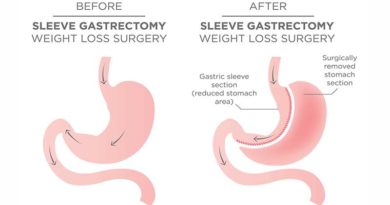Animal Based Low Carb vs Plant Based Low Fat Diets

Executive summary
Please login to view this content
Introduction
There’s been quite a lot of chatter online about this week’s story. It was featured on Australian TV with claims “New research has revealed the keto diet may be doing you more harm than good” (Ref 1). The paper that we’re covering is called “A plant-based, low-fat diet decreases ad libitum energy intake compared to an animal-based, ketogenic diet: An inpatient randomized controlled trial” and the lead researcher should be well known to many of you – Dr Kevin Hall.
Unlike last week’s paper, this was an extremely well designed and executed study, but there’s still plenty to talk about. The paper abstract described the rationale for the study as an exploration of the ongoing debate in the diet world about carbohydrate vs fat. Hall et al noted that low-carb diet supporters posit that “intake of high glycemic carbohydrates leads to elevated postprandial insulin thereby promoting body fat accumulation while increasing hunger and energy intake” (the carbohydrate-insulin model of obesity) (Ref 2). Alternatively, low-fat diet proponents argue that “high fat intake promotes body fat storage due to passive overconsumption of energy resulting from the high energy density of dietary fat” (the passive overconsumption model of obesity). Hall et al’s study attempted to put this debate to the test.
The primary outcome of interest was the average (mean) energy intake between the two diets during the two-week period. This was intended to assess the claim that low-carb diets naturally suppress appetite. The second main outcome of interest was the average (mean) energy intake on the second week of each diet. This was intended to allow for physiological adaptations to the diets and dissipation of any carryover effects from the previous diet.
The study
Twenty weight-stable adults without diabetes (11 men, 9 women), with an average (mean) age of 30 and with an average BMI of 27.8 were admitted as inpatients to the NIH clinical centre. They were randomised to either an Animal-Based Low-Carb (ABLC) diet or a Plant-Based Low-Fat (PBLF) diet for two weeks, followed immediately (no wash out period) by the other diet. The diets were both ad libitum – so inpatients could eat as much as they liked. The diets were well designed to be genuinely low carb or low fat and protein was kept constant. The ABLC diet was 75% fat, 10% carbohydrate and 15% protein. The PBLF diet was 75% carbohydrate, 10% fat and 15% protein.
Fat has approximately nine calories per gram and carbohydrate has approximately four calories per gram. Because of this energy density difference between fat and carbohydrate, the ABLC diet delivered approximately 2 calories per gram of food and the PBLF diet delivered half of that. More weight of food would thus be consumed on the PBLF diet, but it was the calorie intake that was of interest to the researchers.
The rest of this article is available to site subscribers, who get access to all articles plus a weekly newsletter.
To continue reading, please login below or sign up for a subscription. Thank you.




